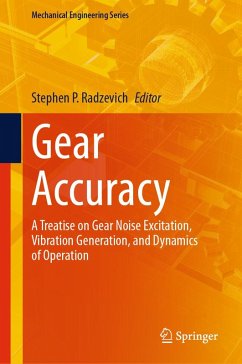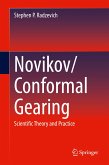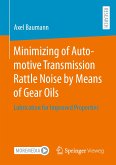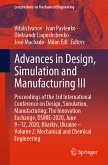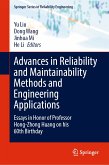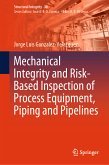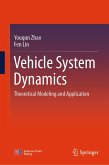To the best possible extent, the kinematical and geometrical components of the problem under consideration are outlined at the beginning of this volume of the book when the accuracy of gears are discussed. The illustration of the various aspects of the problem is provided in the rest sections of the book volume. In particular, the readers' attention is focused here also on the key problems, the poor knowledge of the scientific theory of gearing may lead to. This latter issue arouses even in leading gear manufacturing companies.
The bottom line is as follows: In order to succeed in solving the noise excitation, and the vibration generation problem in gearing, high level of proficiency in the scientific theory of gearing is a must, as this theory provides the user with an in-depth understanding of meshing of the gear teeth, as well as with powerful tools to solve gear problems of this sort in cases when something goes wrong.
- Summarizes the latest findings in gearbox performance and the accuracy of the gears;
- Discusses in detail the relationship of gear accuracy, their assembly, and gear housing;
- Describes many gear applications underscoring the importance of high-accurate gears for both industry and everyday life.
Dieser Download kann aus rechtlichen Gründen nur mit Rechnungsadresse in A, B, BG, CY, CZ, D, DK, EW, E, FIN, F, GR, HR, H, IRL, I, LT, L, LR, M, NL, PL, P, R, S, SLO, SK ausgeliefert werden.

